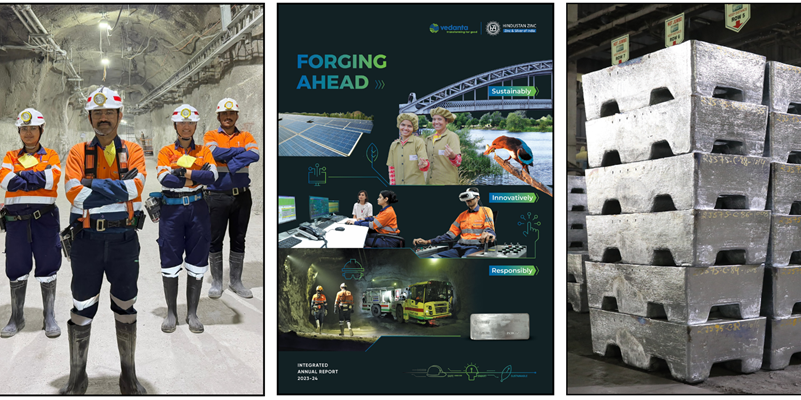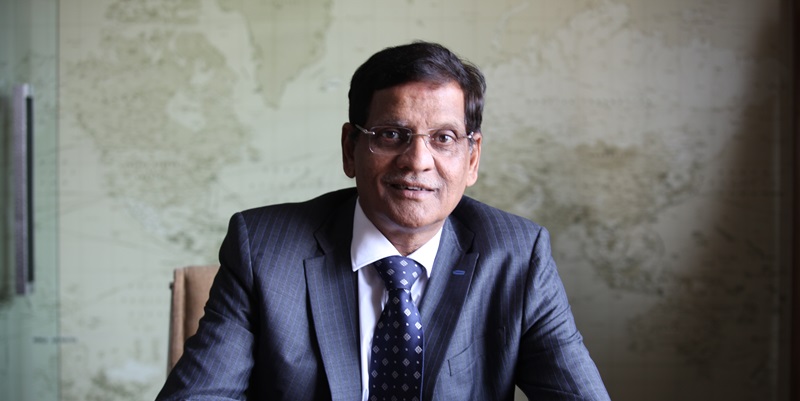Schedule a Call Back
Empowering the solar energy sector: Tanmoy Duari
 Articles
Articles- Feb 18,25
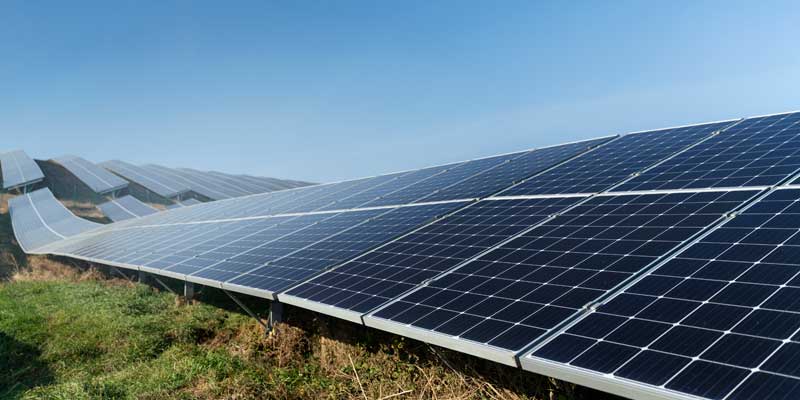
India’s solar energy sector has emerged as a vital component of the country’s energy future, contributing significantly to the global transition towards clean energy. As the world continues to grapple with the dual challenges of climate change and energy security, India is positioning itself as a leader in the solar industry. With the Indian government’s ambitious renewable energy targets and the rising global demand for clean power, the solar energy sector has entered a new phase of opportunity. The theme of 'Making in India for the World' resonates deeply in this context, as it reflects India’s potential to not only cater to domestic needs but also lead global efforts towards sustainable energy solutions. This article delves into the right strategies, government policies, green manufacturing, advanced technologies, and people management that are driving the growth of India’s solar energy sector, and why these factors are essential for creating a robust, globally competitive industry.
VUCA challenge and China Plus One In a volatile, uncertain, complex, and ambiguous (VUCA) world, industries across the globe face unprecedented challenges. For the solar energy sector, this means dealing with fluctuating raw material prices, geopolitical tensions, technological disruptions, and shifting regulatory environments. However, in the midst of this turbulence, India finds itself in a unique position, thanks to the 'China Plus One' strategy adopted by many global companies seeking to diversify their supply chains.
The 'China Plus One' strategy refers to companies looking beyond China as the sole manufacturing hub, in search of alternative manufacturing locations. India, with its robust industrial base, skilled workforce, and government-backed initiatives, has emerged as an ideal alternative. To capitalise on this opportunity, Indian solar companies must adopt the right strategies in several key areas:
Paving the way for sustainability
Sustainability is at the core of India’s vision for a cleaner, greener future. In the manufacturing sector, this translates to adopting green manufacturing practices that minimise environmental impact and foster a circular economy. The solar energy industry is uniquely positioned to embrace sustainability as it directly contributes to the reduction of carbon emissions by harnessing solar power, a clean and renewable energy source.
Key elements of green manufacturing include:
Driving the future of solar energy
The integration of advanced manufacturing technologies is transforming the solar energy sector, enabling companies to streamline operations, improve efficiency, and maintain competitiveness on the global stage. The adoption of cutting-edge technologies such as automation, robotics, digitalisation, Industry 4.0, 3D printing, and artificial intelligence (AI) is revolutionising solar panel manufacturing and installation processes.
Empowering the workforce
The success of India’s solar energy sector depends not only on advanced technologies and strategic policies but also on a skilled and empowered workforce. People management plays a crucial role in driving the sector’s growth by fostering skill development, encouraging industry-academia collaboration, promoting diversity, and enhancing gender inclusion.
Making India a global solar hub
India’s solar energy sector is poised to become a global leader by embracing the right strategies, fostering innovation, adopting green manufacturing practices, and leveraging advanced technologies. With the government’s support through policies and incentives, along with a skilled workforce and a commitment to sustainability, India has the potential to not only meet its domestic energy needs but also drive global change by 'Making in India for the World’. By continuously evolving and adapting to the challenges and opportunities presented by the VUCA world, India’s solar sector can light the way to a cleaner, more sustainable future.
About the author:
Tanmoy Duari is an accomplished leader with over two decades of expertise in the power generation and renewable energy industry. He has spearheaded the company's remarkable growth and success in India's renewable energy sector. Duari also brings a wealth of international experience, having worked at Axitec Energy GmbH & Co. KG in Germany. His commitment to excellence extends to his prior roles at organisations like Bosch, and Siemens, where he held various leadership positions and managed projects in the automation and renewable energy domains.
Image source: Freepik
Related Stories

Empowering the solar energy sector: Tanmoy Duari
The adoption of advance technologies such as automation, robotics, digitalisation, Industry 4.0, 3D printing, and artificial intelligence is revolutionising solar panel manufacturing and installatio..
Read more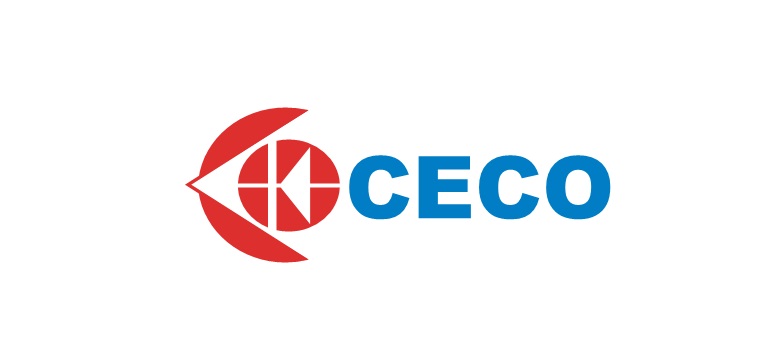
CECO Electric: Pioneering energy-saving technologies for Indian manufacturers
The Kolkata-based CECO Electronics, one of the leading players in the industrial electrical and automation space, is exploring new opportunities in solar pump systems and robotic controls for indust..
Read more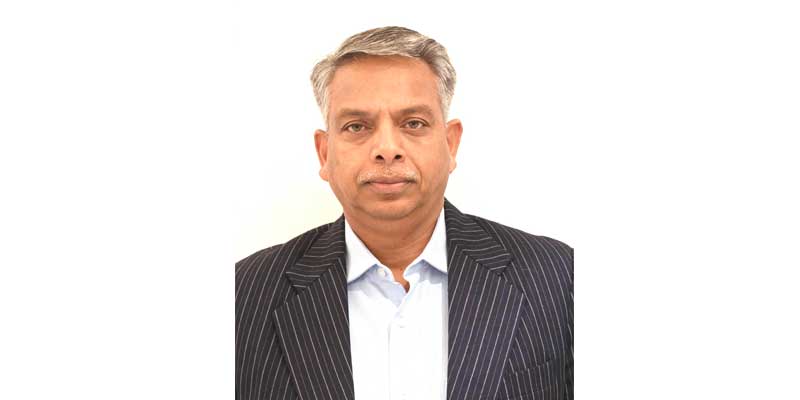
Havells is now making in India for the world: Sandeep Agarwal
In this interview with Manish Pant, Sandeep Agarwal, VP - Industrial Products, Havells India, highlights emerging trends in the energy sector and the company’s growth plans.
Read moreRelated Products

Power Conversion Systems
POM Systems & Services Pvt Ltd offers a wide range of
PCS power conversion systems energy storage.
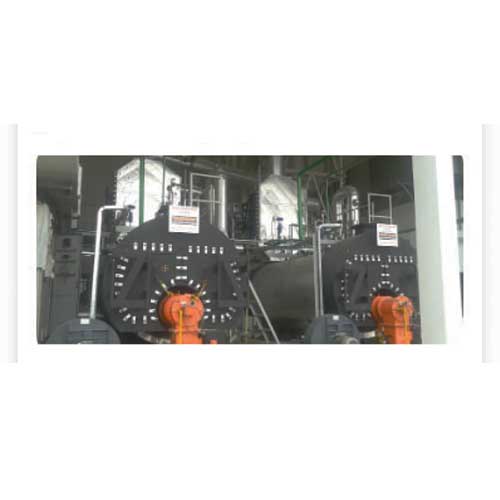
Hot Water Generators
Transparent Energy Systems Private Limited offers a wide range of Hot water generators - Aquawarm Superplus.
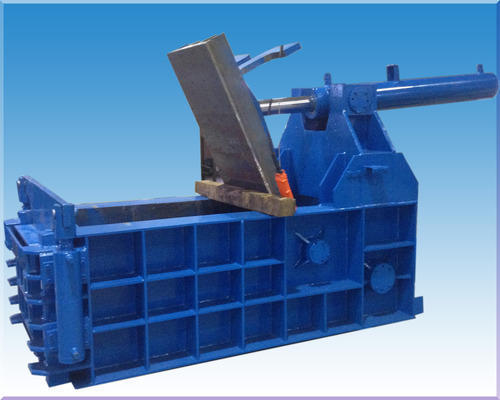
Scrap Baling Press
Fluid Power Machines offers hydraulic scrap baling press. Read more






